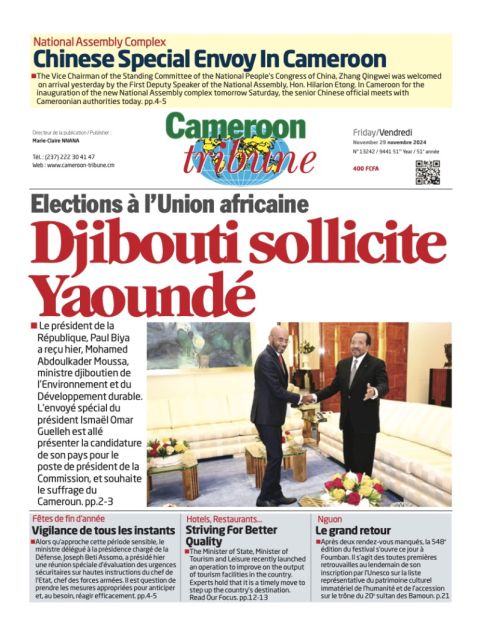All Hands On Deck
- Par Eldickson Agbortogo
- 23 mai 2022 15:04
- 0 Likes
After failing to organise the much-awaited presidential election under the auspices of the United Nations and the International Community, the situation in Libya seems to be going off hand. The refusal of the UN recognised Prime Minister, Abdel Hamid Dbeibeh to step down arguing that he would only hand over power to an elected government and the appointment of Fathi Bashagha, as Prime Minister by Libya’s east-based Parliament in February, are elements that are fast complicating things for the once admired African nation. Over the weekend while the African continent was visibly calm, it was in Libya that reports of incessant gunfire emanated with several infrastructural damages.
From the look of things, the present conflicts can be traced from the none-respect of the power sharing mechanism by the different stakeholders. According to the previous power-sharing agreement, there are two legislative houses. The Parliament based in Eastern Libya, and there the High Council of State in the West. It is these two legislative bodies that are supposed to agree on a new government to replace the unity government of Prime Minister Abdel Hamid Dbeibeh, when his mandate ended in December and not only the East-based Parliament. It is therefore the failure to respect this major procedure that has brought the country to where it is now.
Like a click on the computer, the many years of peace efforts put in place by the International C...
Cet article complet est réservé aux abonnés
Déjà abonné ? Identifiez-vous >
Accédez en illimité à Cameroon Tribune Digital à partir de 26250 FCFA
Je M'abonne1 minute suffit pour vous abonner à Cameroon Tribune Digital !
- Votre numéro spécial cameroon-tribune en version numérique
- Des encarts
- Des appels d'offres exclusives
- D'avant-première (accès 24h avant la publication)
- Des éditions consultables sur tous supports (smartphone, tablettes, PC)













Commentaires